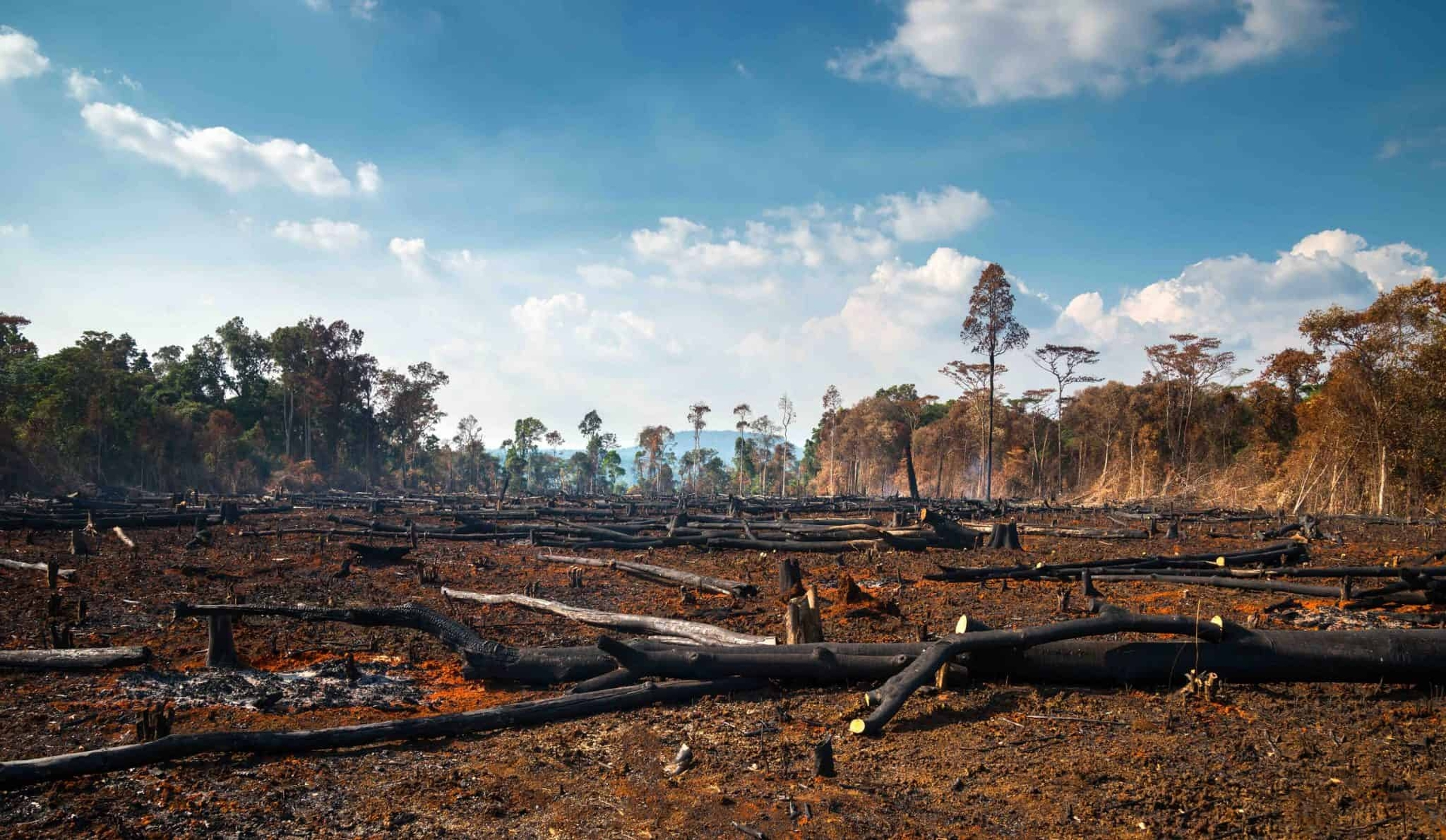
New Literature Review on Deforestation
FOS Affiliate Eduardo Souza-Rodrigues co-edited this new VoxDev literature review of economic research on deforestation.
Deforestation is a major source of global carbon emissions, but efforts to curb deforestation rates have faced significant challenges. In this VoxDevLit, we synthesise recent economic research that attempts to shed light on the path forward. Throughout, we highlight policy implications and new directions for future research.
We organise our discussion around four key points. First, agricultural production is the main driver of deforestation globally. From cattle ranching and soy in Brazil to palm oil in Indonesia, large producers are clear-cutting forests to convert land into agricultural plantations at industrial scale. This production fuels local economic growth, giving rise to a fundamental policy trade-off between economic development and environmental protection. Second, policy analysis requires careful modelling of firms and firm incentives. Quantitative evaluation of conservation policies has benefited from new techniques for modelling land use, as well as the growing availability of granular satellite data. Third, global interactions shape the impacts of forest regulation. International markets are linked through trade, such that domestic forest regulation has meaningful spillover effects on foreign deforestation activity. Fourth, regulation faces important political challenges. Electoral incentives, political capture, and lobbying each undercut the establishment and enforcement of conservation policy.
We highlight several key takeaways for policymakers seeking to reduce deforestation. Such efforts should pair environmental protections with poverty reduction programmes, consider the market incentives and responses of private firms, prioritise both domestic and international policy coordination, and account for political frictions and constraints.